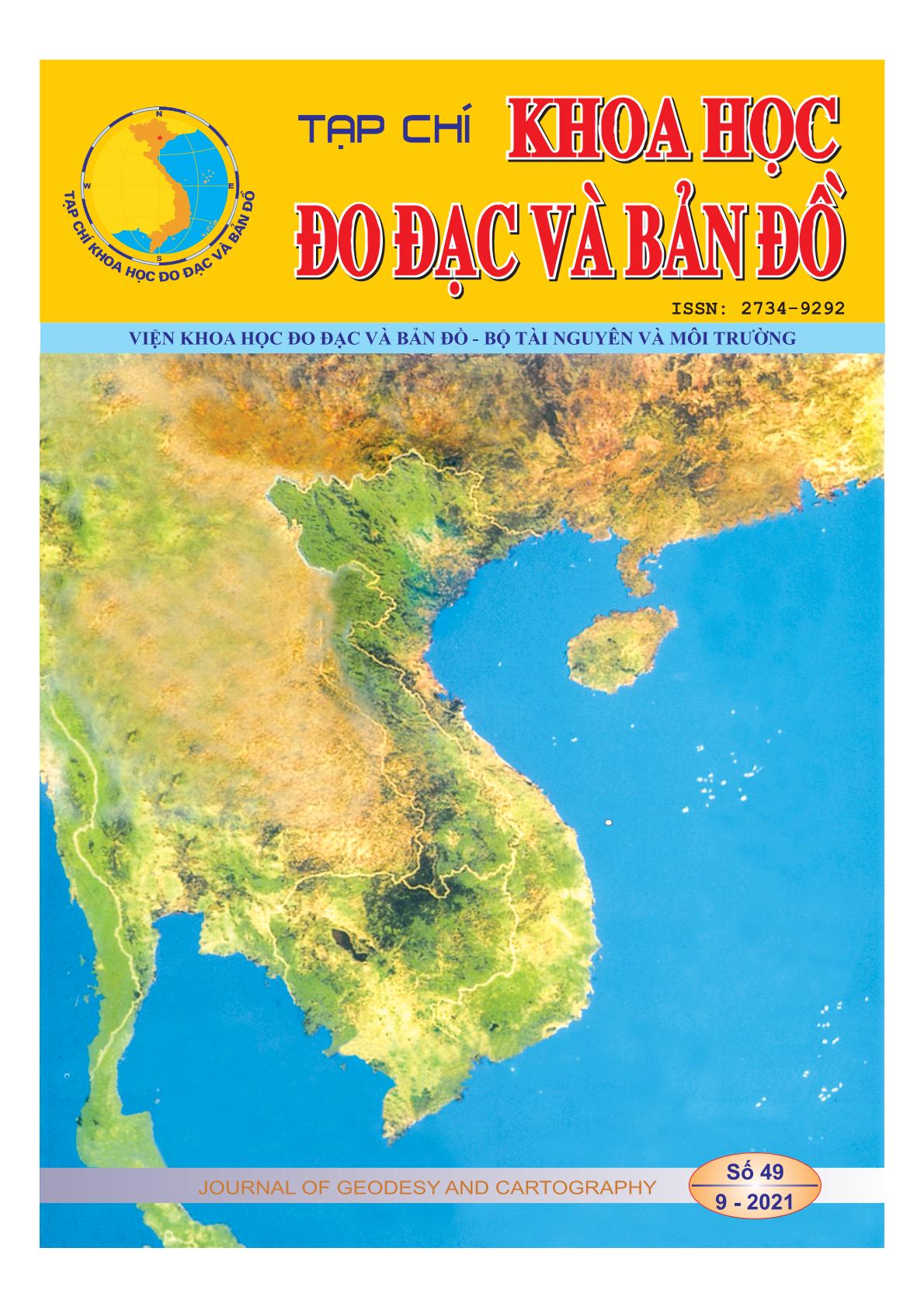Abstract
Plastic waste in coastal areas originating from human activities is becoming a danger to the marine environment because of its large quantity and difficulty to decompose. Consequently, they have damaged drastically marine ecosystems as well as the above-ground environments. Plastic wastes monitoring and prevention programs have been brought into focus over the world and supported by modern technologies. Unmanned Aerial vehicles (UAV) and Deep Convolutional neural networks (DCNN) have been well known for being highly effective for monitoring, detecting, and classifying plastic waste in coastal areas. This study proposes an algorithm for detecting plastic wastes by exploiting DCNN that was trained with labeled spatial data. The deep network was trained and tested with 95 images from Phantom 4 Pro UAV with CMOS camera-equipped flying over Hoi An coastal (Quang Nam province). The results that our network can detect plastic wastes with precision and cross-validation were 0.87 and 0.83, respectively. To conclude, this study provides a new approach for researchers and authorities to extend the UAV image source for monitoring and evaluating the impacts of plastic wastes on coastal areas. Nevertheless, automatic monitoring has still remained a challenging task and needs to be further studied with modern algorithms in the future.

